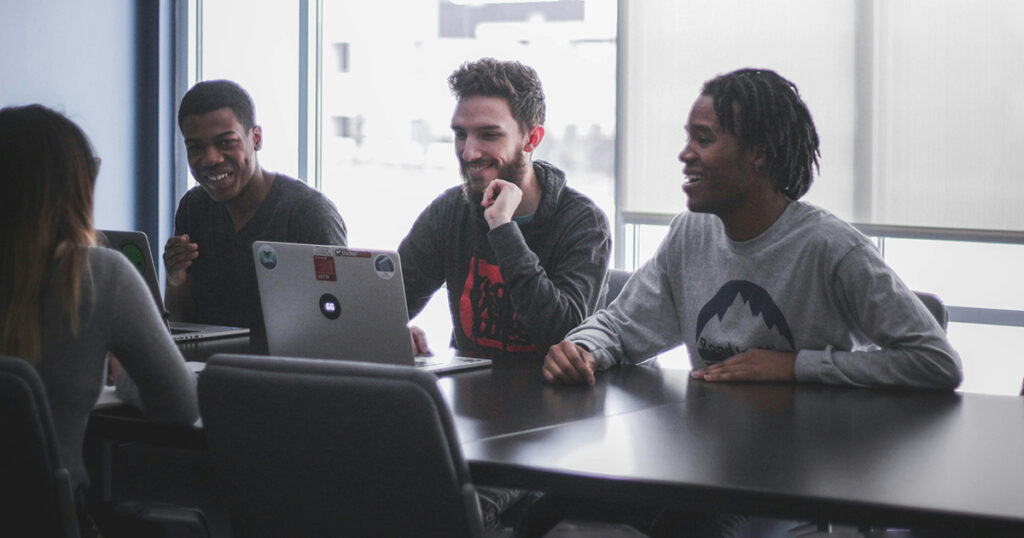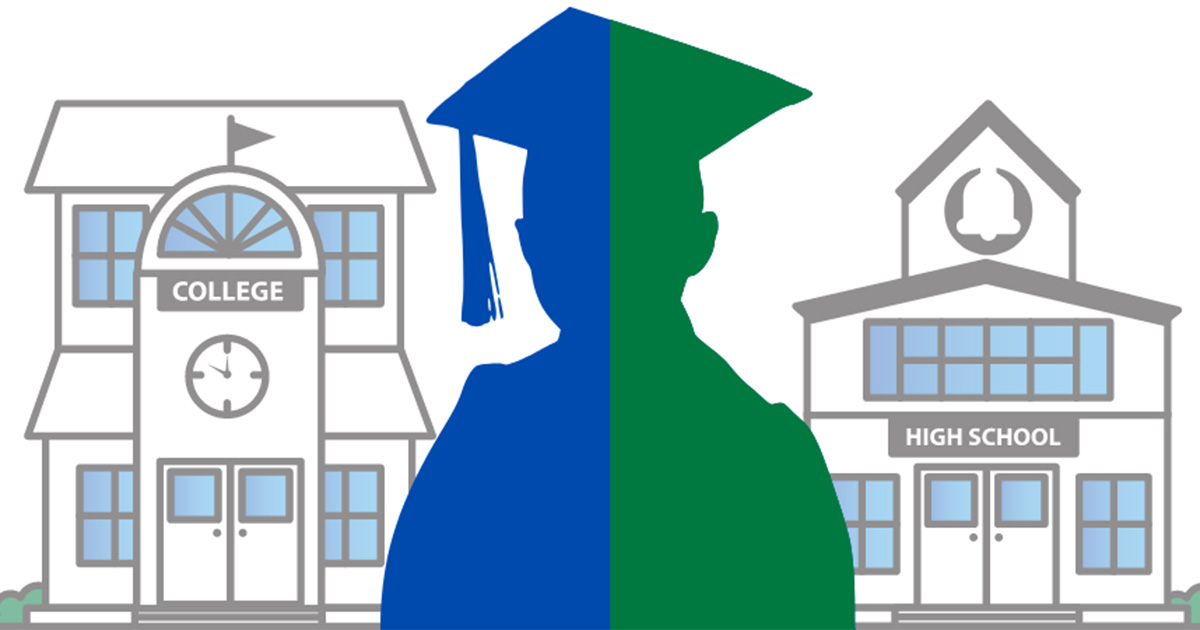My senior year in high school was definitely a memorable one. To me, the main difference from my other high school years was the speed in which it came and went. Looking back on it now, it almost seems like a blur. That can be hard to believe when you put into perspective everything students have to do that year. There’s testing, senior projects, prom, sports/clubs, volunteering, work and let’s not forget the big one: graduation. I remember my family and teachers expressing the importance of applying to universities and colleges early on. But it was definitely an afterthought with all of those other things consuming my energy and time.
I eventually started applying to the colleges and universities I found interesting. But it didn’t happen until winter break. Honestly, it was mostly the result of family members asking me where I was going. The applications were not hard to complete, but at the same time, they were extremely tedious and repetitive. I probably applied to about five or six different schools during that break. Thankfully, my university of choice accepted me. I remember feeling a sense of accomplishment when that acceptance letter came to my house. I couldn’t wait to tell my family and friends the good news!
Ultimately, a support system really helped drive me. Most of my family had already been through college or were currently in it (like my older brother). Having someone to guide me and answer those unique questions that sometimes pop up on college applications was crucial to me keeping my sanity during that wild senior year. However, everyone’s situation is different. Not all of my classmates had someone that they could refer back to with questions. All students have access to people like guidance counselors, whose job it is to help them plan for the future. But guidance counselors have hundreds of other people to keep track of.
So what about the students lost in the shuffle? Not all students have the confidence to ask for help when they need it, and some don’t even know who to ask or where to start. I remember trying to help some of my friends with their college applications, and that wasn’t so bad, as I had already applied to a few myself.
It wasn’t until one of them asked me for help with the FAFSA (Free Application for Federal Student Aid) that I realized we needed someone with more knowledge in that area. How could I help when my mom had completed the majority of mine for me? We were completely stumped, and my friend was ready to forget about it entirely. Back then, I didn’t know how important it is to fill out the FAFSA, and I wasn’t aware of the different resources it can connect students to. It almost seemed like an optional step in the college application process. Knowing what I know now, it should be required.
The FAFSA is a form that prospective and current college students in the U.S. submit to find out if they are eligible to receive financial assistance to help pay for college. The four different types of assistance students can receive through the FAFSA are scholarships, grants, work-study and loans. Scholarships and grants are monetary gifts that you never have to pay back. Work-study is a program that funds students through part-time employment at the school they attend. Loans are funds lent to students that must be paid back (with interest) over time. Learn more about the FAFSA and Financial Aid at EFSC.
Each spring, Eastern Florida State College holds Go Higher, Get Accepted workshops in local Brevard County high schools to help interested students complete the FAFSA and/or an EFSC application. Staffed by EFSC Admissions, Recruitment and Financial Aid representatives, these workshops help students navigate the college application process from the comfort and convenience of their own schools. Go Higher aims to help any and all students interested in attending college. All students deserve an opportunity to better themselves by continuing their education, and Eastern Florida is here to help!
- To the Graduating Seniors of 2021 - June 30, 2021
- Your Final Semester in High School: What’s Next? - March 24, 2021
- 3 Fun and Productive Things To Do While Attending College Remotely - August 19, 2020




